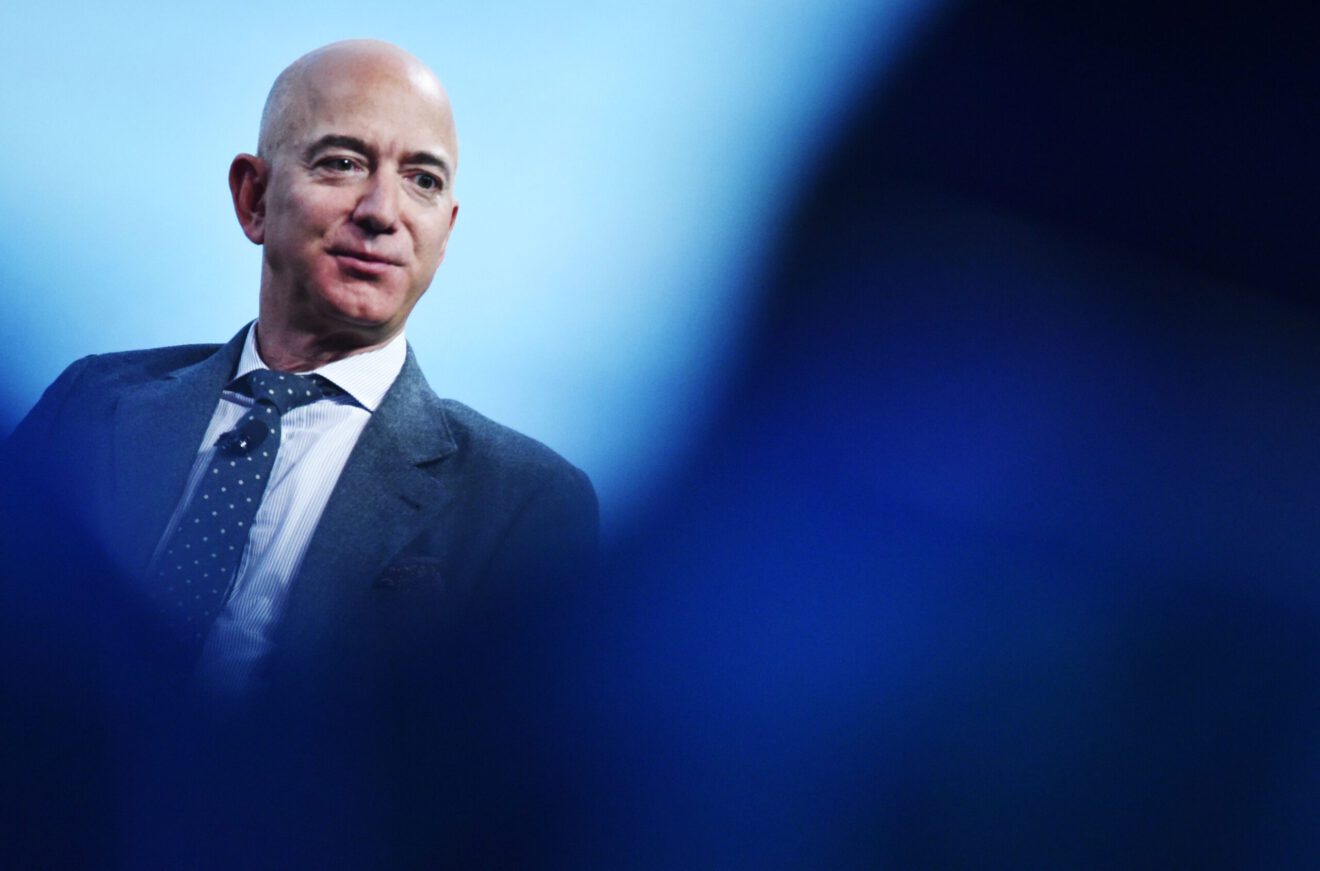Jeff Bezos has changed how Americans shop, how they think about shopping and what they expect of customer service.
He, through Amazon, stands alongside the Sears catalog, the Ford Model T, Apple’s iPhone, Edward Bernays’ work in advertising/PR and a handful of others in terms of transformational influence on how Americans spend their time, attention and money. And now he’s getting ready to stop being CEO of the company he founded nearly 30 years ago.
Of course, he’s not done. He’s only 57 years old. As executive chairman, he’ll retain tremendous influence into where Amazon goes next. And there’s always a chance he returns to the role, much as Howard Schultz did with Starbucks, even if it’s unlikely he’ll pull a Bob Iger at Disney and essentially never leave.
There’s a lot to unpack from Bezos’ career and this move. We can’t know right away whether Bezos is making the best business decision (in fact, we might need to wait 10 years to know, if at all). And any predictions would be purely speculative, considering how the coronavirus pandemic upended common wisdom and historical trajectories.
Let me offer just a few thoughts for leaders to consider as you ponder Bezos’ announcement.
Don’t turn Bezos into Steve Jobs
Jobs has become almost mythical since his death a decade ago, an easy and sometimes lazy go-to for leadership and strategy analogies. That’s not Jobs’ fault, as business leaders can benefit greatly from studying Jobs, Apple and the times he operated in. No, this is a warning to be judicious in what you read, see and hear. Jobs’ circumstances and resources weren’t yours, and neither are Bezos’. Look for patterns, through lines and frameworks rather than “Jeff did this!”
Insiders get the good and bad of incumbency
Andy Jassy has been with Amazon for a long time and has grown a business that by itself could be one of the world’s leading firms. He knows Amazon, practically is a part of Amazon. But, as researchers have found, being an insider CEO has its own thorny challenges. You have to think about a bigger scope, you have to make even more hard decisions, and the honeymoon ends quickly. If your culture is centered on a charismatic or widely admired leader, the successor has an additional challenge in creating their own space and public persona. No doubt Jassy is well aware of that challenge.
Succession planning isn’t just an issue for the board and C-suite, either. Alaina Love wrote for SmartBrief just last month about the importance of strong leadership transitions — they matter at every level, not just when the world’s richest person hands off his empire.
Clear cultures create benefits …
Amazon is known for its inventive culture, as Bezos alluded to in today’s letter to employees. Many of you are familiar with Amazon’s leadership principles, of which “customer obsession” is listed first. Bezos’ two-pizza meetings rule and the value of “disagree and commit” are more transferable elements of that mindset.
Be purposeful about your culture and values, write them down and live them, all according to what your team or company needs (again, don’t just copy Bezos). And, remember S. Chris Edmonds’ thoughtful advice that tough times put culture to the test.
And clear cultures have potential downside
“Ownership” is another of Amazon’s principles. Every culture has tradeoffs, and your team or organization will have to own those. Amazon’s drive, focus and curiosity are tremendous strengths, but they can also contribute to issues the company’s had with stressful white-collar working environments, warehouse safety problems, allegedly anti-competitive behavior and increased regulatory scrutiny. Alaina Love documented some of the downsides of Amazon’s values nearly six years ago for SmartBrief. Not to mention: Is an always-customer-first operating practice tenable for every business? For the planet?
You can argue that Amazon (or any organizational culture) generates a net positive, but you can’t pretend “culture” eliminates the struggle of existence.
People get restless and bored
I’m not saying Bezos, specifically, has become restless and bored. But if you heard a guy who did the same job for 27 years was leaving that job because he had three or four hobbies/passion projects that each could be a full-time job, and was doing so not long after a divorce, what would you think?
And, to be fair, Bezos acknowledges his competing desires: “As Exec Chair I will stay engaged in important Amazon initiatives but also have the time and energy I need to focus on the Day 1 Fund, the Bezos Earth Fund, Blue Origin, The Washington Post, and my other passions.”
The point is not to judge Bezos, but to remind ourselves that nobody’s a robot. Our interests, motivations and needs change over time, and leaders in every role, at any level need to have empathy for that. Not just with their employees, but with themselves.
“Everybody has a last day at work,” I wrote in 2018. Turns out, that’s the one thing Jeff Bezos can’t disrupt.
James daSilva is the longtime editor of SmartBrief’s leadership newsletter and blog content. Contact him at @James_daSilva or by email.
If you enjoyed this article, sign up for SmartBrief’s free emails on HR and business transformation, among SmartBrief’s more than 200 industry-focused newsletters.
